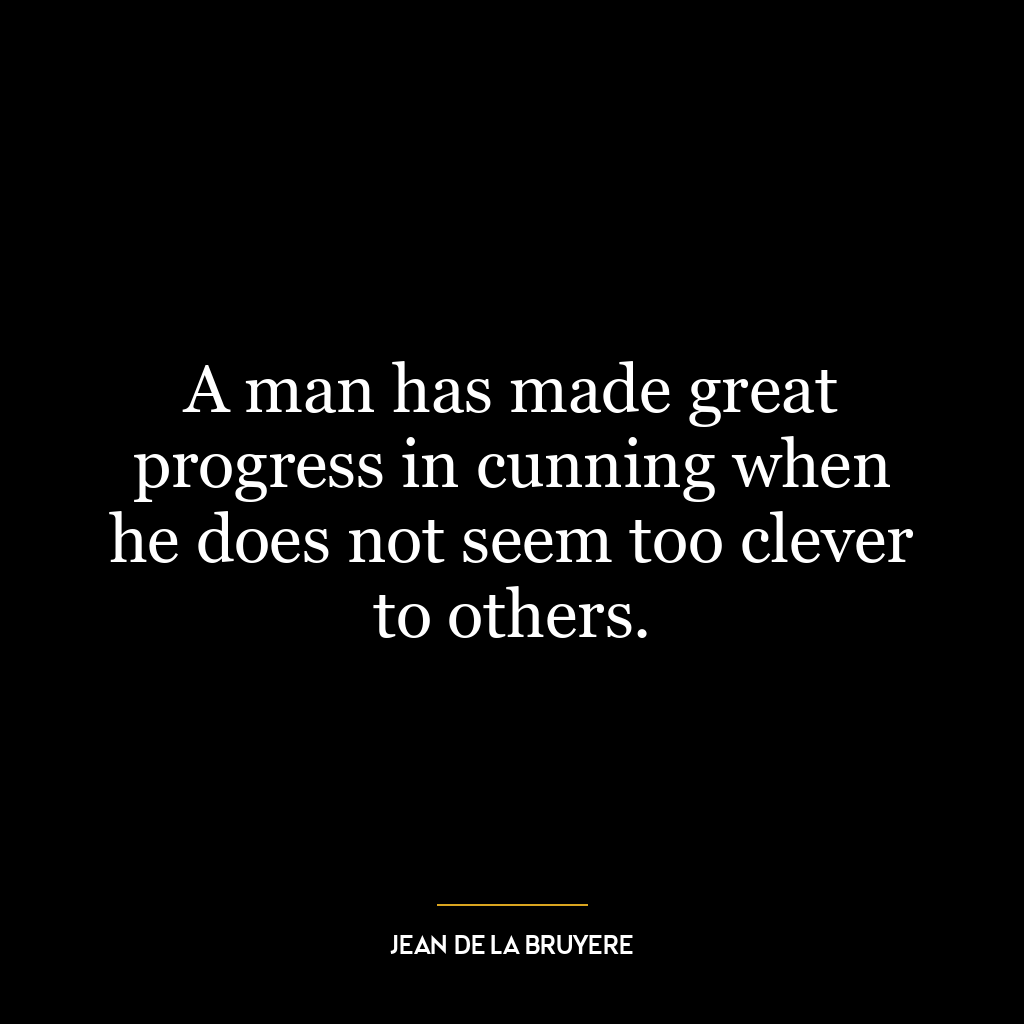An intellectual is someone whose mind watches itself.
This quote speaks to the concept of self-awareness and introspection, particularly in the context of intellectualism. The idea is that an intellectual is not just someone who is knowledgeable or intelligent, but someone who is constantly observing, analyzing, and reflecting on their own thoughts and mental processes. They are not just passive recipients of information, but active participants in their own learning and understanding.
The phrase “whose mind watches itself” suggests a level of detachment or objectivity. It implies a capacity to step back from one’s own thoughts and ideas, to examine them as if from an outside perspective. This ability to observe and critique one’s own thinking is a key aspect of critical thinking, a skill highly valued in intellectual pursuits.
Applying this concept in today’s world, we can see the importance of self-awareness and introspection in various fields. In the realm of personal development, for example, the ability to observe and reflect on one’s own thoughts and behaviors is crucial for growth and improvement. It enables us to identify our strengths and weaknesses, to understand our motivations and fears, and to make conscious decisions about how we want to change and grow.
Moreover, in an era where we are constantly bombarded with information and opinions, the ability to critically examine our own beliefs and assumptions is more important than ever. It allows us to question the validity of the information we receive, to challenge our own biases and prejudices, and to make more informed and rational decisions.
In conclusion, this quote emphasizes that being an intellectual is not just about what you know, but how you think. It’s about being aware of and engaging with your own mental processes, constantly questioning and refining your own understanding. It’s a reminder that intellectual growth is not a passive process, but an active and ongoing journey of self-discovery and self-improvement.















